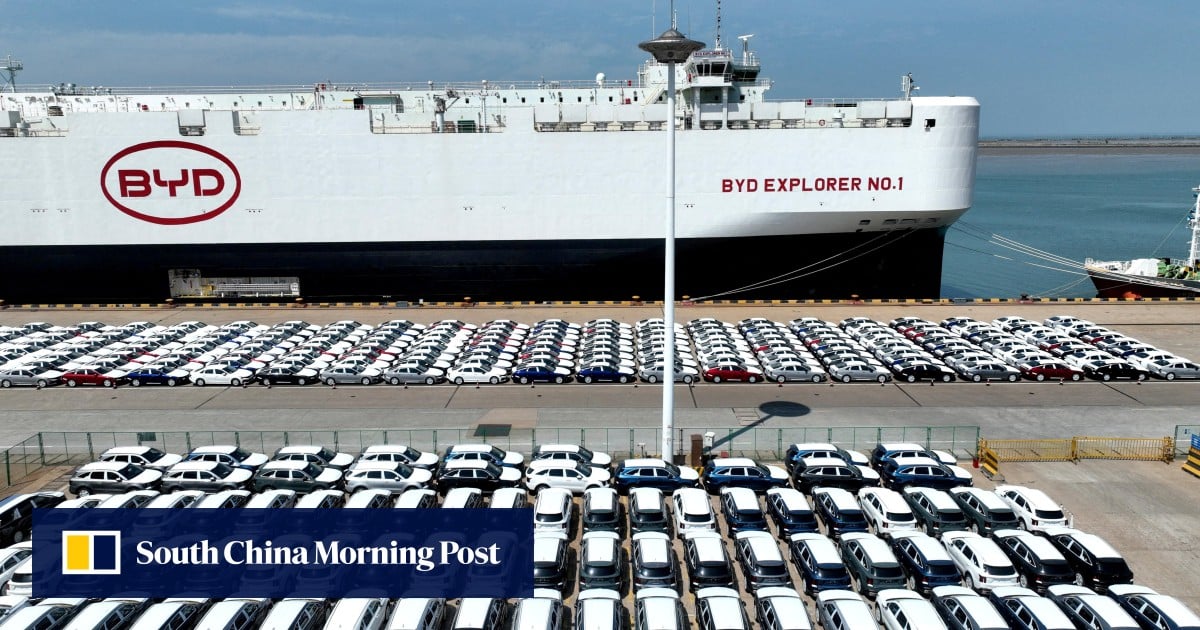With rapid developments in battery technologies to increase energy density and reduce battery size, these improvements could lower the cost of EVs by 30 per cent, according to estimates by the French bank.
This will allow EVs to reach near price parity with conventional vehicles and consequently result in a doubling of the market, the bank added.
“We’re quite bullish on EV adoption and positive on global light-vehicle volumes over the next few years as well,” Stuart Pearson, head of global automotive research at BNP Paribas, said at an electric vehicle and mobility conference in Hong Kong on Tuesday.
Global EV sales slowed in the first quarter. More than 3 million units were sold in the first three months of the year, a growth of 25 per cent year on year, according to data from the International Energy Agency. Sales rose by 40 per cent in the same period last year.
The slowdown in global EV sales was primarily because of affordability constraints, which is the current biggest barrier to adoption, Pearson said.
“You’ll struggle to find an EV outside China and Asia under US$35,000 today,” he said. “When we look at the segments of the global auto market by price point, that means you’re restricting your addressable markets to around one third.”
Despite the slowdown in EV uptake since the start of this year, sales globally are expected to accelerate starting next year and quadruple by the end of the decade, reflecting an annual compound rate of 23 per cent, according to BNP Paribas.
By 2030, EVs will account for 44 per cent of the cars on the roads globally, compared with 13 per cent in 2023, while the global EV value chain will reach about US$800 billion, with growth second only to artificial intelligence, Pearson said.
In China, the world’s largest car market, EV sales have slowed since the government ended its decade-long subsidies at the end of 2022, which has been compounded by the country’s sluggish post-Covid economic recovery.
“Price cut is a weapon of the strong [and] only companies with the highest cost competitiveness, best technologies and all-round ability survive,” he said.
Meanwhile, Fitch Ratings said in a report this month that although overall EV demand in China may still be tempered by subdued consumer confidence and their hesitation to place orders because of the ongoing price war, EV adoption is expected to accelerate this quarter on the back of deliveries of new models and vigorous marketing by carmakers.

